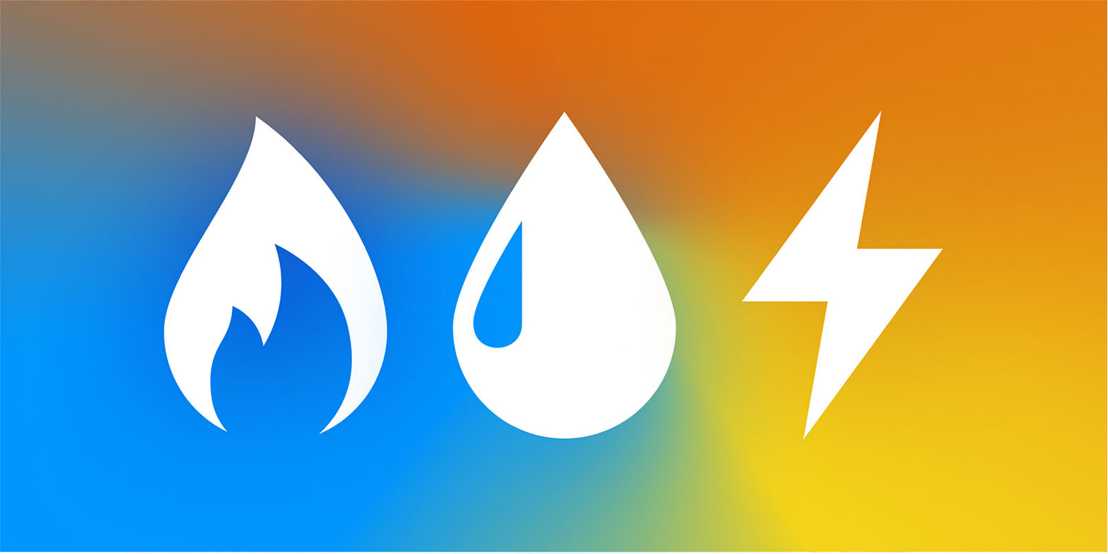ETH Zurich commits to energy savings targets for 2023
ETH Zurich wants to lower its total energy consumption this year in response to the sharp increase in energy costs. The university will emphasise saving electricity, which will require the joint effort of all technical, administrative and scientific units.

ETH Zurich is targeting a reduction in its energy use by the end of the year for gas, district heating and electricity, with a special focus on lowering electricity consumption. This decision was reached by the ETH Executive Board on Thursday, and the 16 heads of department were informed in the evening.
These savings targets have been decided amid current debates on energy security and shortages. No acute shortages are expected to arise this winter, and the federal government recently emphasised that there will likely be no gas or electricity shortages during this heating period. Nevertheless, the development of energy prices has triggered the need for the entire ETH Zurich community to act. Gas, district heating and electricity became considerably more expensive in 2022 (see the external page federal energy dashboard for details).
Over the course of the past year, the prices that ETH Zurich paid for gas and district heating climbed around 114 and 42 percent, respectively. The university purchases gas at daily market rates, where the prices fluctuate wildly and there is heavy dependence on foreign sources. Therefore ETH Zurich is aiming to reduce its costs for gas this year by 10 to 15 percent compared to 2022. This also applies to district heating, which has a more stable price due to being under contract.
Joint efforts taken to save energy now have the important side effect of supporting the university’s long-term goals for energy, climate protection and sustainability, which are already taking shape in the form of the ETH Net Zero initiative, participation in the Confederation's external page Exemplary Energy and Climate initiative and membership in the federal external page Energy Saving Alliance.
High electricity costs expected until at least 2025
ETH’s financial burden for electricity in particular is set to rise further in 2023. It is already clear today that electricity prices have risen by 176 percent compared to 2022. “If ETH consumes as much electricity in 2023 as in 2022, then the cost per kilowatt hour of electricity will be more than double compared to last year,” says Dario D’Ercole, head of the energy shortage taskforce at ETH. Without taking any cost-cutting measures, electricity costs would rise from under CHF 20 million in 2022 to more than CHF 30 million in 2023.
For this reason, ETH Zurich is aiming to save around CHF 1.8 million in electricity costs. This is equivalent to a reduction in consumption of around 6 percent or 7.2 gigawatt hours – the average energy consumption of roughly 1,800 four-person households. Overall, ETH Zurich consumes approximately 112 gigawatt hours of electricity per year, excluding the electricity needs of the Swiss National Supercomputing Centre (CSCS) (for more on the CSCS’s energy needs, please refer to the ETH news article from 11.11.2022).
Electricity purchases only protect against short-term price fluctuations
Electricity costs are set to exceed – by a wide margin – the price levels of previous years not only in 2023, but also in the years to come. For each calendar year, ETH Zurich staggers its purchases of electricity over three years in five bundles each on the energy market. While this protects the university against short-term price fluctuations, it does not counter general price development and market trends. For example: the electricity for 2024 has been or will be bought in 15 bundles over the course of 2021, 2022 and 2023. Each bundle contains roughly the same amount of electricity. This means that the electricity for 2023 has already been purchased, with one-third of the total amount having been purchased at the higher price levels of 2022.
Since ETH has already bought 67 percent of its electricity for 2024 and 39 percent for 2025, the university will certainly be paying more for electricity over the next three years compared to pre-2021 levels – unless the total energy consumption is reduced. “From today’s perspective, ETH Zurich is expecting a tendency for electricity costs to stabilize on 2023 levels,” says Ulrich Weidmann, Vice President for Infrastructure. “With our electricity savings targets, we are aiming at limiting foreseeable cost increases that would ultimately take money away from teaching and research.” ETH’s staggered approach to purchasing energy has paid off, however: had the university continually bought electricity at the daily going rate, the electricity bill would have tripled.

“In order to hit our electricity-cutting targets, we are asking all ETH employees to save electricity where they can in their department.”Jo?l Mesot, ETH President
Saving electricity with cooperation from research units
The energy reduction measures for 2023 are centred on electricity because electricity consumption is heavily linked with research and research infrastructure. ETH uses gas and district heating primarily for heating and warm water, types of consumption that can easily be reduced with centralised measures taken by the Division of Infrastructure (VPIN). The energy shortage taskforce has implemented over 600 measures focused on warm water and heating temperatures since October, for example. For electricity, lighting that is not needed for safety and security purposes has been reduced. But unlike with gas and district heating, electricity use can’t be tamed with centralised measures alone, which is why the Executive Board decision also includes steps to be taken together with the university’s research units.
“In order to hit our electricity-cutting targets, we are asking all ETH employees to save electricity where they can in their departments,” says ETH President Jo?l Mesot. “Here we don’t need to take any measures that would unnecessarily restrict teaching and research activities. Our targets are defined so that researchers – who are the experts when it comes to their own infrastructure – can identify and implement their own electricity saving measures where appropriate.”
It remains undefined where and to what extent electricity can be saved in ETH’s research units. Over the next several weeks, the energy shortage task force will be starting discussions with researchers to pinpoint effective measures, with a focus on research groups, institutes, research centres and technology platforms with energy-intensive infrastructure (typically high-performance research infrastructure).

“Our savings targets don’t require any harsh steps but rather a conscious university-wide effort.”Ulrich Weidmann, Vice President for Infrastructure
Idea pool for saving energy
“Turning off highly sensitive devices and systems that are critical for cutting-edge research is absolutely out of the question, however,” says Weidmann. “Our savings targets don’t require any harsh steps but rather a conscious university-wide effort.” The focus will be on optimising processes, turning off infrastructure that isn’t needed and minimising standby energy consumption.
To support this process, the energy shortage taskforce will be setting up a webpage where research groups and central units can submit their own ideas for cutting back on energy. “The goal is to collect effective steps that we can take and use them to build an ‘idea pool’,” says Dominik Bream, who heads the Engineering and Systems Department. “Practical real-life examples can serve as a benchmark for other units and stimulate internal discussion about which energy cutbacks would be appropriate.”
Do you have questions about energy supply and how to save energy?
Do you have any suggestions or ideas for improvement on how ETH can save even more energy? Members of the ETH community can send their questions or concerns about energy-saving measures or energy supply to the following e-mail address:
Further information
www.ethz.ch/save-energyAlways up to date
Would you like to always receive the most important internal information and news from ETH Zurich? Then subscribe to the "internal news" newsletter and visit Staffnet, the information portal for ETH employees.